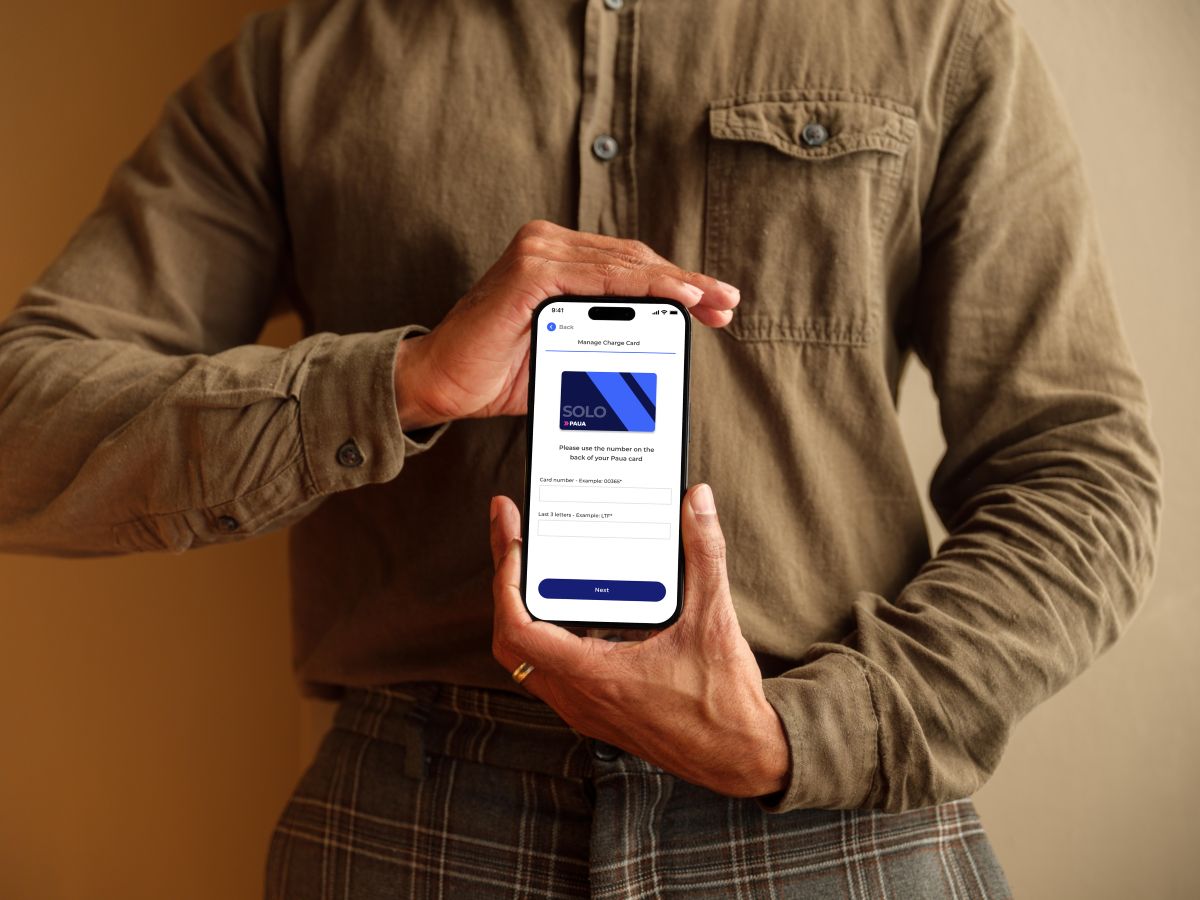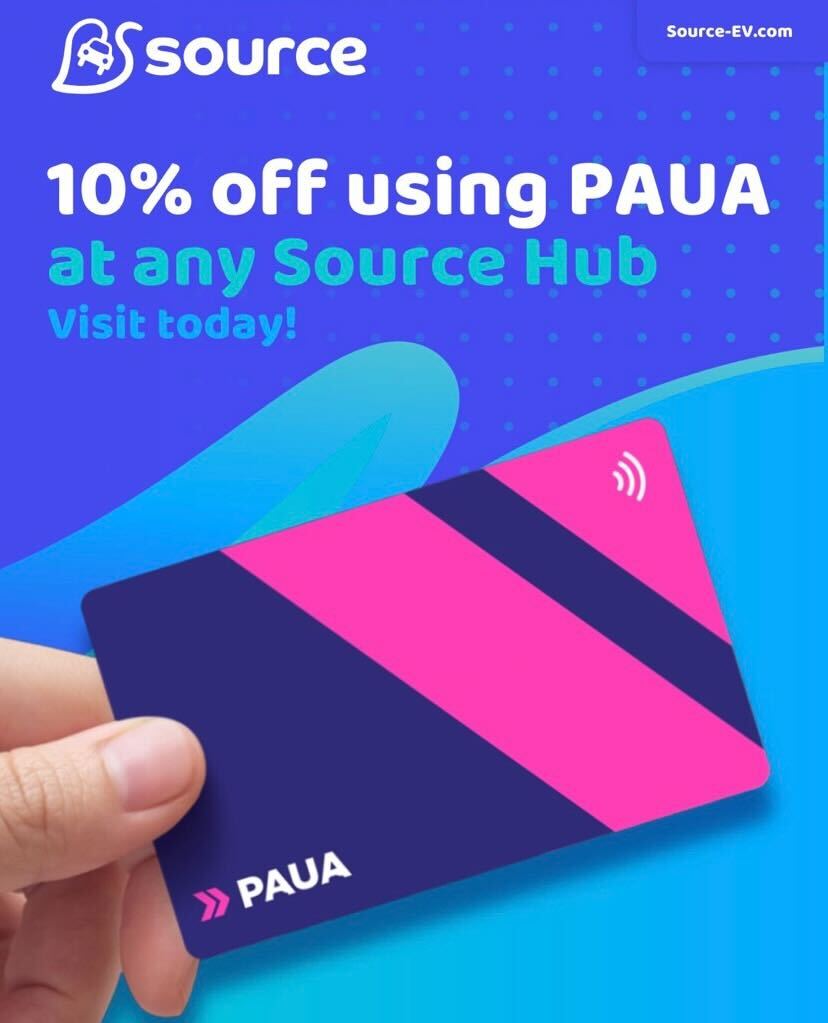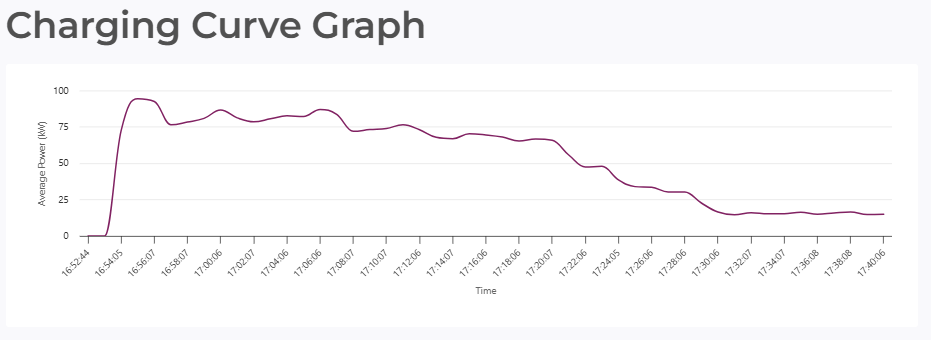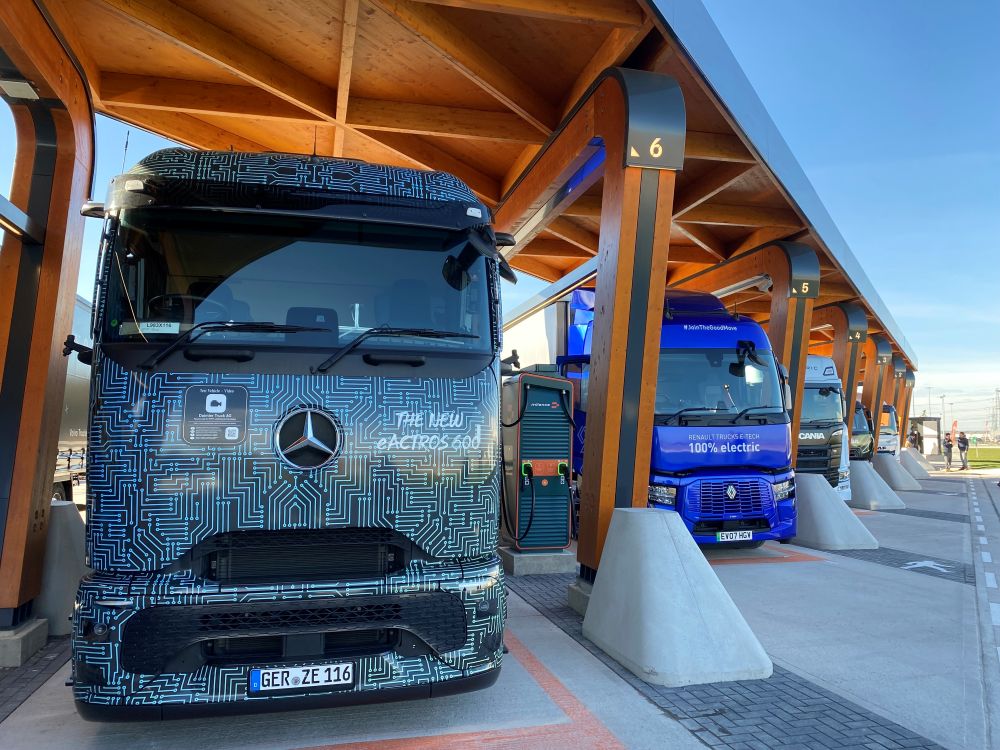TL;DR
Salary sacrifice EV schemes often exclude the 44% of UK employees without driveways, limiting access and fairness. Paua Solo solves this by adding a tax-efficient public charging allowance, giving all drivers equal access, predictable savings, and a seamless experience. This inclusive approach boosts adoption, supports ESG goals, and expands the scheme’s commercial potential.
How to Make Salary Sacrifice EV Schemes Work for Drivers Without Driveways
The fairer, greener future starts with access
Salary sacrifice has been one of the most powerful levers in Britain’s shift to electric vehicles. By combining tax savings, employer support and all-inclusive leasing, it’s made EVs affordable for thousands of employees who might never have considered them before.
But there’s a hidden imbalance in the system. Salary sacrifice works beautifully - if you have a driveway. For the millions of drivers who don’t, the equation changes dramatically.
So how do we make EV salary sacrifice work for everyone? The answer lies in tackling the public charging gap head-on.

1. The driveway divide
Around 44% of UK homes lack off-street parking
In city centres, that figure is even higher.
Without a driveway, installing a home charger is either impractical or impossible. Tenants need landlord permission; leasehold flats face legal barriers; terraced homes simply have nowhere to plug in.
The result? A huge segment of the workforce - the renters, urban dwellers, and younger professionals - are locked out of the benefits that make salary sacrifice so compelling.
These are often the very people most attracted to EVs for cost or environmental reasons, yet they face higher charging costs and less convenience. That’s the definition of an unequal benefit.

2. Why fairness matters
Fairness isn’t just a social ideal; it’s a business case. Employers and scheme providers that overlook charging access risk:
- Excluding up to half the workforce from EV adoption opportunities.
- Weakening ESG performance by offering unequal access to green benefits.
- Undermining take-up of salary sacrifice schemes - and their commercial success.
A salary sacrifice scheme that only works for homeowners isn’t truly a benefit; it’s a privilege.
In 2025, fairness in benefit design is ESG in action.

3. The public charging reality
For those without home chargers, public charging is the only viable option. But it comes with two main challenges:
- Cost: Public charging can cost ten times as much as home charging. Rapid and ultra-rapid networks can hit 60–70p per kWh - compared to just 7p at home
- Complexity: The UK’s patchwork of charge-point operators, apps and payment systems makes public charging feel messy and fragmented.
Together, those factors turn what should be a simple benefit into a headache for employees and a deterrent for scheme providers.
That’s exactly the problem Paua set out to solve.

4. How Paua Solo closes the gap
Paua Solo is designed to make public charging as effortless, fair and tax-efficient as home charging - giving every driver equal access to the full benefit of a salary sacrifice EV.
Here’s how it works:
- When a driver orders their salary sacrifice EV, they can add a Paua charge card and select a fixed monthly allowance (typically £25, £50, £75 or £100)
- That allowance is funded from gross salary, before tax and National Insurance, meaning savings of up to 62% (most drivers see around 42%).
- The allowance is automatically topped up each month and used for public charging across 65,000+ UK connectors spanning 50+ networks
- Any unused balance rolls over to the next month. If the driver exceeds their allowance, the extra cost is simply charged to their debit card.
For drivers, that means:
- No apps to juggle.
- No unpredictable bills.
- And no need for a driveway.

5. For employers: inclusion meets compliance
Employers have a unique opportunity to make their EV policies more inclusive while staying compliant and cost-efficient.
Inclusion
By adding Paua Solo to their salary sacrifice offer, employers ensure that both home-charging and public-charging employees can benefit equally. That’s a tangible contribution to ESG goals - especially the “S” (social equity).
Compliance
Because Paua operates on a gross pay model, all deductions are made before tax, not after usage. That keeps payroll simple and fully aligned with HMRC salary sacrifice rules
Simplicity
Employers receive one consolidated invoice per month and can track usage via a dashboard - no expense claims, no VAT puzzles, and no grey areas.
It’s the kind of operational simplicity that makes HR teams breathe a sigh of relief.

6. For scheme providers: unlock the other 44%
From a scheme provider’s perspective, Paua Solo does something game-changing: it expands the target market.
Right now, most salary sacrifice sales are limited to the 56% of UK employees with off-street parking. By including public charging, providers can confidently sell to the remaining 44%, instantly broadening their addressable market
In one worked example, a large provider saw potential vehicle volumes rise from 100 to 179 cars per month — a 79% uplift and more than £0.2 million in incremental margin over a three-year term
That’s not a social good - that’s commercial growth driven by fairness.

7. The ESG advantage
For employers and scheme providers, adding a public charging solution like Paua Solo strengthens all three pillars of ESG:

By embedding public charging, employers can move beyond talking about sustainability to actually doing it, inclusively and demonstrably.

8. Real-world example: turning renters into drivers
One of Paua’s salary sacrifice partners recently ran the numbers on their EV adoption. The vast majority of early adopters were homeowners with driveways. Uptake among renters and apartment dwellers lagged dramatically.
After integrating Paua Solo, participation among those without off-street parking increased within months.
Why? Because the barrier - “I can’t charge at home” - was removed.
They could now charge anywhere, tax-efficiently, and track it all in one place.
The scheme became not just greener, but fairer - and employer engagement soared.

9. Why fairness fuels adoption
It’s easy to underestimate the role of perception. When employees see that an EV benefit is designed for everyone - not just homeowners - participation rises across the board.
That creates a virtuous circle:
- More drivers join the scheme.
- Scheme providers increase volumes.
- Employers enhance their sustainability story.
- The UK’s overall EV transition accelerates.
Fairness isn’t just nice to have; it’s a growth lever.

10. What a fair salary sacrifice scheme looks like
A truly inclusive EV salary sacrifice scheme should offer:
✅ A car (the core benefit)
✅ A home charging option (for those who can)
✅ A public charging allowance (for those who can’t)
Add those three together, and you have a complete, equitable, compliant package. Everyone wins - employees, employers, and the environment.
Paua Solo is the missing piece that makes it work for every employee, not just the ones with a driveway.

11. The conclusion: EV benefits that work for everyone
As EV adoption matures, the next big challenge isn’t technology - it’s access.
Making salary sacrifice schemes fair for employees without driveways is how we turn EV enthusiasm into true inclusion. It’s how we ensure that the shift to electric mobility reflects the diversity of modern Britain - not just its suburbs.
Paua Solo makes that possible.
One card, one app, one tax-efficient allowance - and one less reason to sit out the electric revolution.
Key takeaway
If your salary sacrifice scheme doesn’t include public charging, it’s not reaching its full potential - or its full workforce.
Add Paua Solo, and you don’t just tick an ESG box.
You create a genuinely fair, future-ready benefit.
Fair charging. Fair benefit. Fair future.
Paua Solo isthe EV charge card solution for public charging in your salary sacrifice scheme. Contact Paua to learn how EV drivers can save up to 62% on public EV charging through salary sacrifice. Get cheaper, tax-efficient EV charging with Paua.
*This content is for general information only and does not constitute tax advice.






